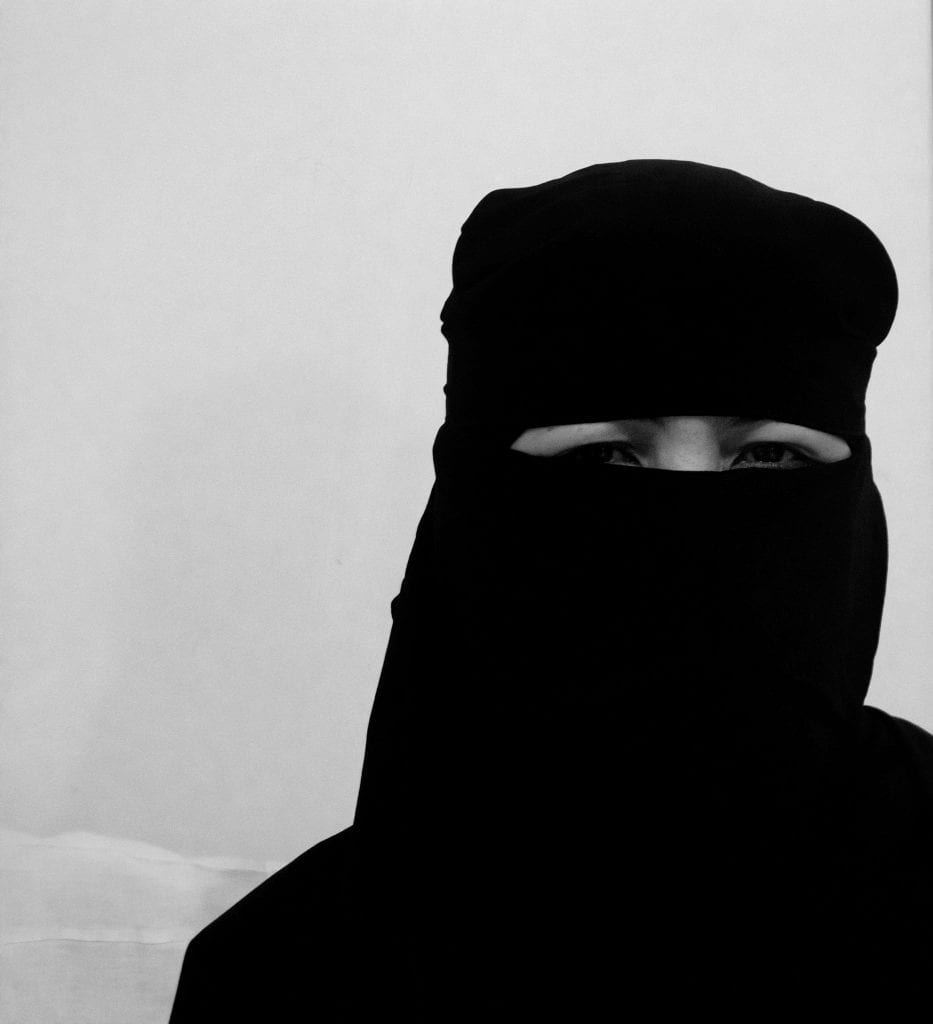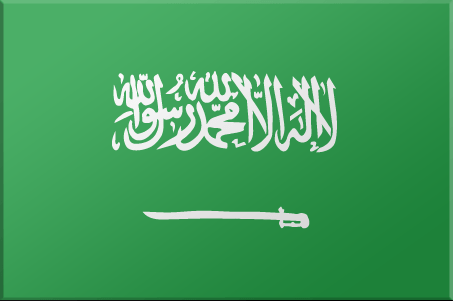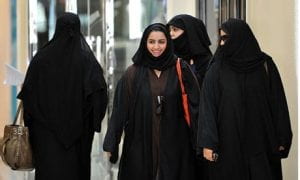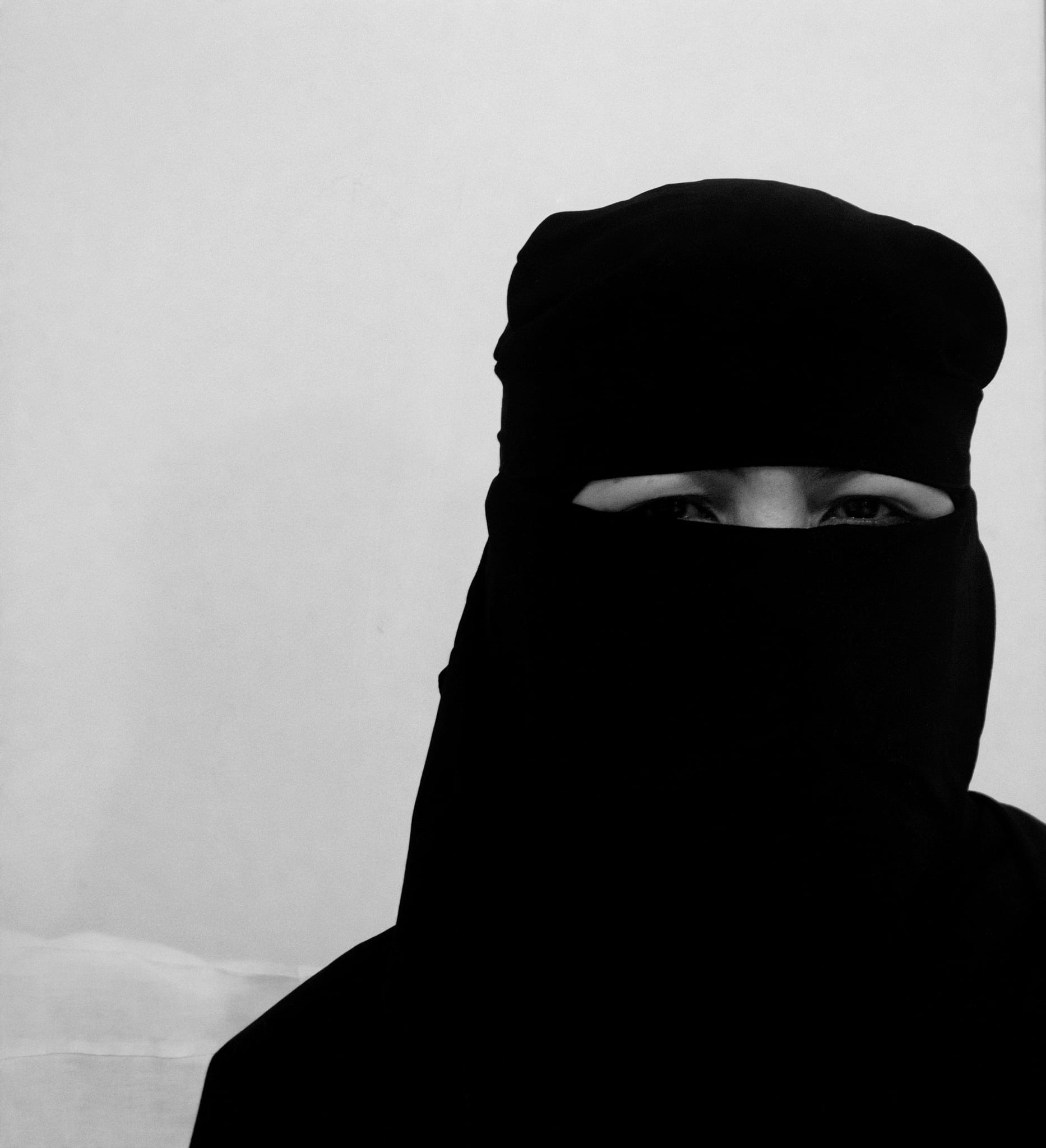
The Kingdom of Saudi Arabia, home to the origin of Islam, is an absolute monarchy with no formal written constitution. The Holy Book of Islam–the Quran–is what the country has announced as their constitution. Saudi basic laws of governance, social structures, and overall culture are all based strictly on and reinforced by Islamic law. Saudi government has a reputation for using Islamic laws to marginalize the rights of Saudi women. Saudi laws inhibit women freedoms such as the right to drive, the right to free choice of employment, the right to travel, etc. However, in the past ten years, Saudi has made progress in easing the restrictions on women. In 2005, King Abdullah bin Abdul Aziz Al Saud ascended into the throne and restructured the importance and dynamic of women rights in the kingdom. King Abdullah is seen by many as a reformer, advocate for women rights, and modern. Under his rule from 2005 to 2015, late King Abdullah advocated for various women’s rights, specifically their civil political rights.
Women rights are embodied in both the Universal Declaration of Human Rights (UDHR) and the legally binding Convention on the Elimination Against of all Forms of Discrimination Against Women (CEDAW). Saudi Arabia worked towards promoting gender equality and ratified the CEWAD in 2000. Unfortunately, the Kingdom placed a reservation upon the ratification process of the Convention stating, “In case of contradiction between any term of the Convention and the norms of Islamic law, the kingdom is not under obligation to observe the contradictory terms of the Convention.” In other words, Saudi does not see itself obligated to comply with paragraph 2 of Article 9 of the Convention which states nations “shall grant women equal rights with men with respect to the nationality of their children.” Even though the adoption of this Convention is in some sense incomplete and impartial, the acknowledgment of the Convention by the Saudi government, gives women legal protection to fall back on.

Progress: Civil Political Rights
Before 2003, the Ministry of Education in Saudi Arabia was only responsible for overseeing male education. There was an independent ministerial level department named the “General Presidency of Girls Education (GPGE),” which was in charge of overseeing female education from primary schools to university colleges in Saudi. In 2003, the GPGE department was terminated and merged into the Ministry of Education for pre-university programs and the Ministry of Higher Education for university level programs. This was a major step for the government in recognizing the importance of female education. King Abdullah took it a step further in 2009 by appointing Saudi’s first ever female minister. Nora Al Fayez was appointed as Saudi’s first female deputy education minister, in charge of a new section in the Ministry of Education in control of female education. Unfortunately in 2015, after the death of King Abdullah, Nora was removed from her position by the new appointed King Salman.
King Abdullah, in 2011, announced that he will allow women to run for municipal council positions, and give them the right to vote. On December 13, 2015, participation in government procedures became a reality for women during Saudi’s historic municipal elections for the very first time, as they were allowed to vote and run for municipal governmental positions. During the election more than 1,000 female candidates ran for a municipal council positions, and 100,000 women registered to vote compared to more than 1 million male voters. At least 18 female candidates won municipal council positions. The number of female voters were low due to multiple reasons: they are unfamiliar with the voting process thus did not participate, did not have rides to the voting booth, or were unaware of where to vote due to lack of information. Even though voting numbers were low, the fact that more than 100,000 women did vote proves that with the right campaigning and access to general information about voting rights for women, the turnout will increase in the future.
“I exercised my electoral right. We are optimistic about a bright future for women in our homeland.” – Najla Harir, Female Voter
The most noteworthy reform by King Abdullah was his royal decree to appoint 30 women to the 150 member advisory Shura Council. The Shura Council, also known as Saudi Consultative Council, is a group of 150 people which advise the king on certain social, economic, political issues by proposing laws and modifications, but cannot enforce any suggested laws. Women have never been appointed to this council prior to King Abdullah, so this action was a major statement towards the need for modernization. It also made it very clear that women and men have different needs, and women need to be the ones voicing their own concerns. King Abdullah verified that a women’s opinions and needs are just as important as men, and have a right to be heard.
Social impact
The continuum of women breaking the glass ceiling in Saudi Arabia is causing a major social impact and a change in attitudes amongst Saudi women. Saudi women are starting to show solidarity for their rights by starting and promoting campaigns that protests against social inequality and discrimination towards women. The two most popular campaigns Saudi women supported and participated in are “Women2Drive” and “#IAmMyOwnGuardian.” #IAmMyOwnGuardian demands that the Saudi government abolish the male guardianship, and has rallied more than 14,000 signatures for their online petition which was delivered directly to the Saudi government. Women2Drive is another women rights movement started by Saudi women activists. This was a Facebook based campaign, started by Saudi activist Manal Al Sharif when she posted a video of herself driving a car in Saudi, trying to prove she is capable of doing so. She was detained and arrested eventually; however, she inspired other women to follow her resistance. On October 26, 2013, at least (if not more) 30 women took to the streets throughout Riyadh and Jeddah, driving themselves around the cities. Even though technically no change come out of those two protests, women have joined each other in solidarity for their rights. Most importantly, they have started a very important discussion amongst themselves regarding their human rights.

Future Goals
Despite the progress, there is still a long ways to go regarding women rights in Saudi Arabia. The CEDAW commends Saudi on the progress it has made towards gender equality, while strongly encouraging Saudi to continue implementing women’s rights. In 2008, the CEDAW released their concluding comments regarding the elimination of discrimination against women and how to more actively implement all the provisions of the Convention. The ultimate goal for women’s rights in Saudi addressed by the CEDAW and non-government organizations, like Humans Right Watch, is the abolishment of the current male-guardianship system in Saudi. Saudi requires every women in the country to have a male guardian–usually her father, husband, or son–who holds the legal power to make decisions for women. A Saudi women’s male guardian must grant her permission to participate in a range of daily activities, like getting a job, going to college, leaving the country, and even receiving healthcare. Women in Saudi, if unable to fully embody individual rights and make key decisions for themselves, will remain at a disadvantage if their national constitution and laws do not match the progress of the past ten years.
Saudi Arabia continues to make progress towards women rights in the Kingdom. More and more Saudi women are becoming activist and using their voices to fight for change. It is refreshing to know that women all over the world are also taking on the challenge and uniting together for a brighter future. Start encouraging and supporting each other. Show solidarity for the effort women are making to ensure their human rights are acknowledged and respected. Foster thoughtful discussions about women rights so we can confront our biases, instead of disregarding men and women who are different than us. As J.K. Rowling said “we are only as strong as we are united, as weak as we are divided.”

